President Donald Trump stated during his campaign run, and after, that he was "non-braggadocious." But Trump's use of language laden with superlatives is well documented.
Most, best, biggest and other such grandiose terms describing his own accomplishments dot all of the President's speeches and tweets. On Tuesday, the President tweeted, according to an unnamed and unlinked poll, he was "the most popular Republican in the history of the Party."
Two of the four Presidents on Mount Rushmore are Republicans. According to Trump's tweet however he surpassed the popularity of Abraham Lincoln and Theodore Roosevelt.
So when the President shared a letter sent in Korean from North Korean leader Kim Jong Un, as well as an official White House translation, people noticed certain aspects of the language in the English translation transcript.
The letter, according to the official White House translation, refers to the President as "Your Excellency" five times, capitalized each time. The letter is only four sentences long.

The full transcript of the body of the letter, seen below, contains a wealth of superlatives and praise. But how much is lost in translation? Or is there another reason for the language choices?
The significant first meeting with Your Excellency and the joint statement that we signed together in Singapore 24 days ago was indeed the start of a meaningful journey. I deeply appreciate the energetic and extraordinary efforts made by Your Excellency Mr. President for the improvement of relations between the two countries and the faithful implementation of the joint statement. I firmly believe that the strong will, sincere efforts and unique approach of myself and Your Excellency Mr. President aimed at opening up a new future between the DPRK and the U.S. will surely come to fruition. Wishing that the invariable trust and confidence in Your Excellency Mr. President will be further strengthened in the future process of taking practical actions, I extend my conviction that the epochal process in promoting DPRK-U.S. relations will bring our next meeting forward."
For example, the header shows "H.E. Donald J. Trump", for "His Excellency Donald J. Trump". Is the use of Your Excellency simply meant as "Sir?"
While American English tends to employ more generic formal address, such as Sir or Madam, other languages have levels of social status included in their formal address. The Sir used for a colleague is not the same as the Sir used for your boss.
But while the terms may have originally drawn from aristocracy, their use in the modern world is synonymous with the generic Sir or Madam of Americanized English. No one is calling their boss "Your Royal Highness" or "Your Excellency."
It's possible the intent of the use in Kim's letter was not to refer to the President as Your Excellency, but rather as simply a "Sir" of higher status.
Or, it is possible the use is a deliberate attempt to flatter a leader who once praised Kim for how the people of North Korea defer to him. False praise and flattery, meant to distract from real actions?
The letter from Kim was released by Trump three days after he made a promise of cooperation from Kim on Twitter. This promise came after Secretary of State Mike Pompeo's recent visit to North Korea was criticized for failing to accomplish anything. In the tweet, Trump blames China.
The June North Korea-United States summit had already received heavy criticism for failing to bring any new concessions from North Korea, who has promised to denuclearize for years, while making several concessions to Kim. Since the summit, reports have emerged that North Korea is increasing their nuclear program after the declaration signed by Kim and Trump.
While the release of a letter, full of optimism and praise, after the heavily criticized Pompeo meetings may seem like a win, the North Korean letter is dated before Pompeo met with his North Korean counterpart, Kim Yong Chol.
North Korean leader Kim Jong Un skipped the meetings entirely, choosing to visit a potato farm instead. And after the meetings, the North Korean government issued a statement calling the U.S. attempts at dialogue “regrettable,” “gangster-like” and “cancerous.”
Despite the letter predating the Pompeo trip, the President says, "A very nice note from Chairman Kim of North Korea. Great progress being made!"
As with other wins boasted of on social media, this letter may also not belong in the Trump administration win column.



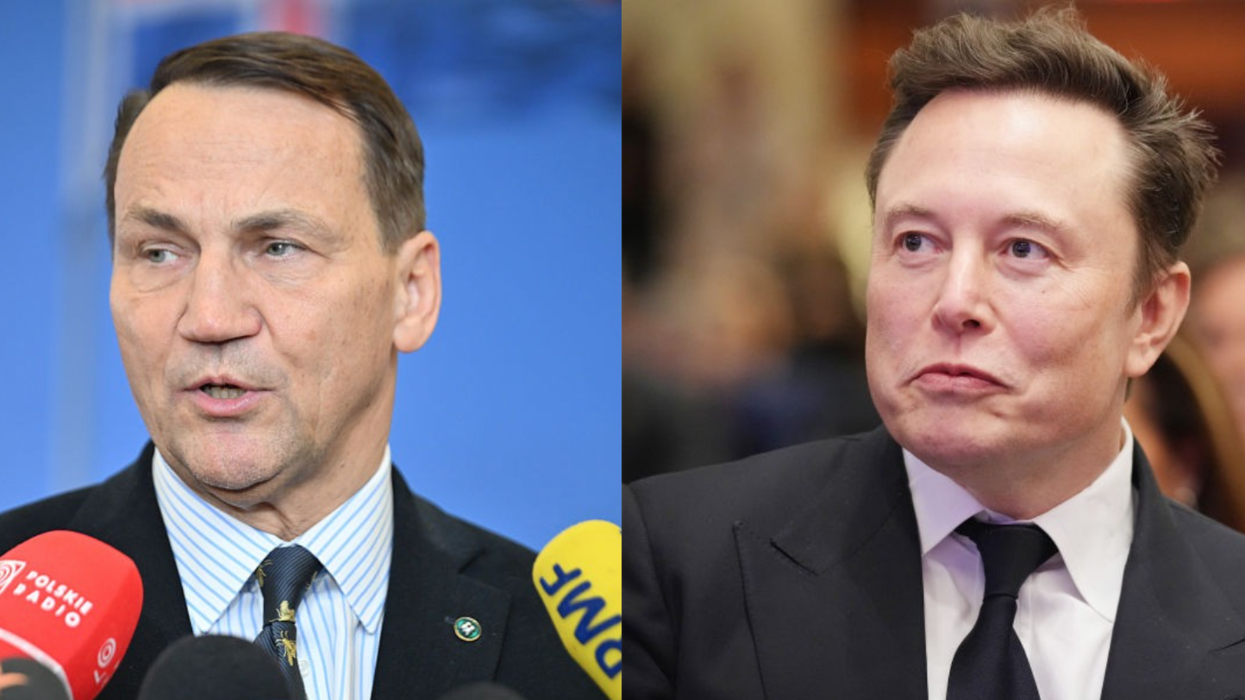


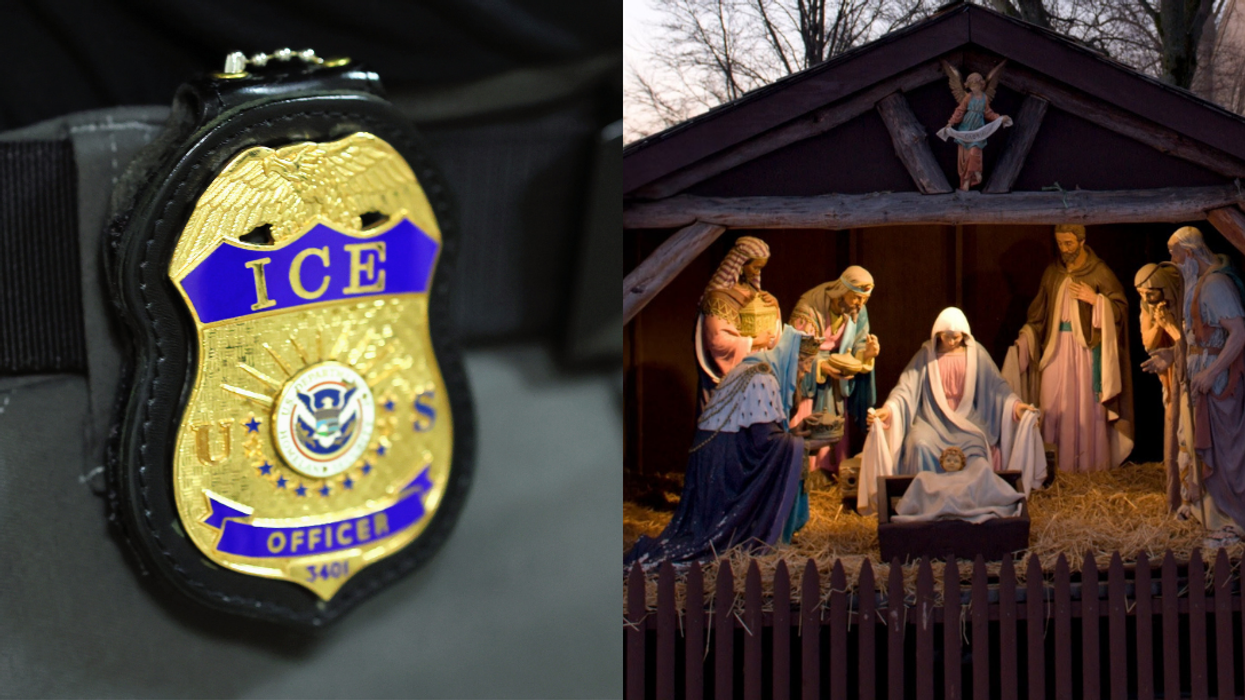
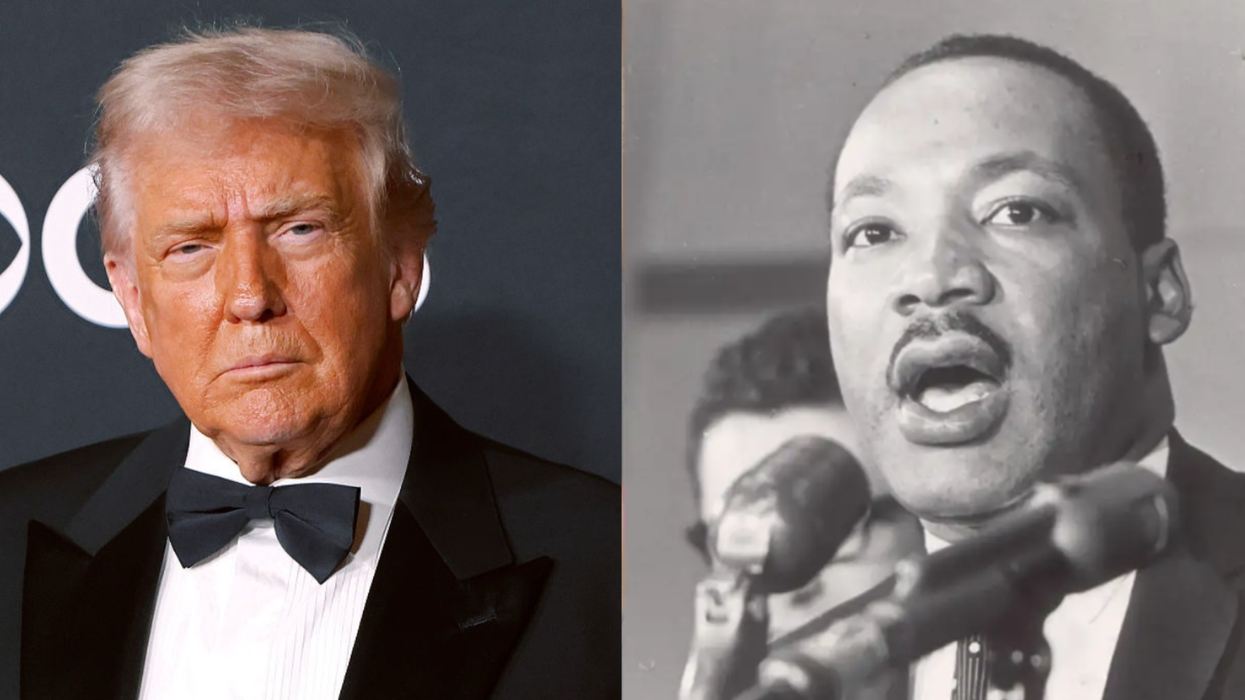

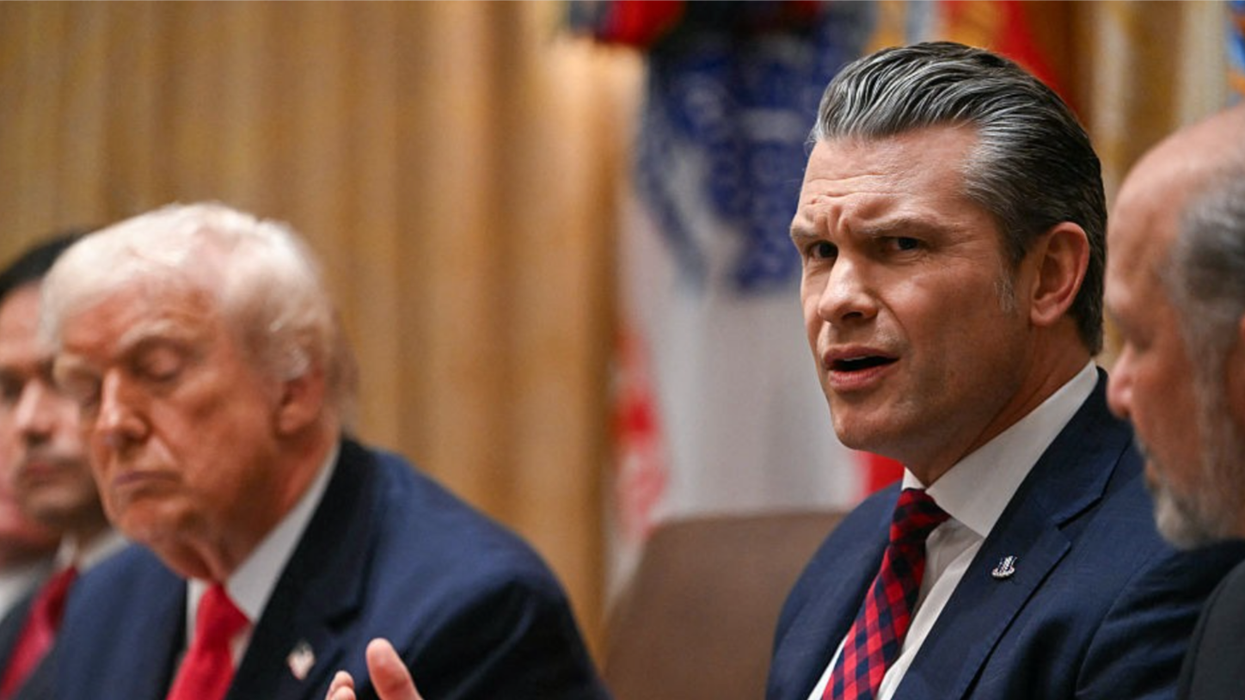
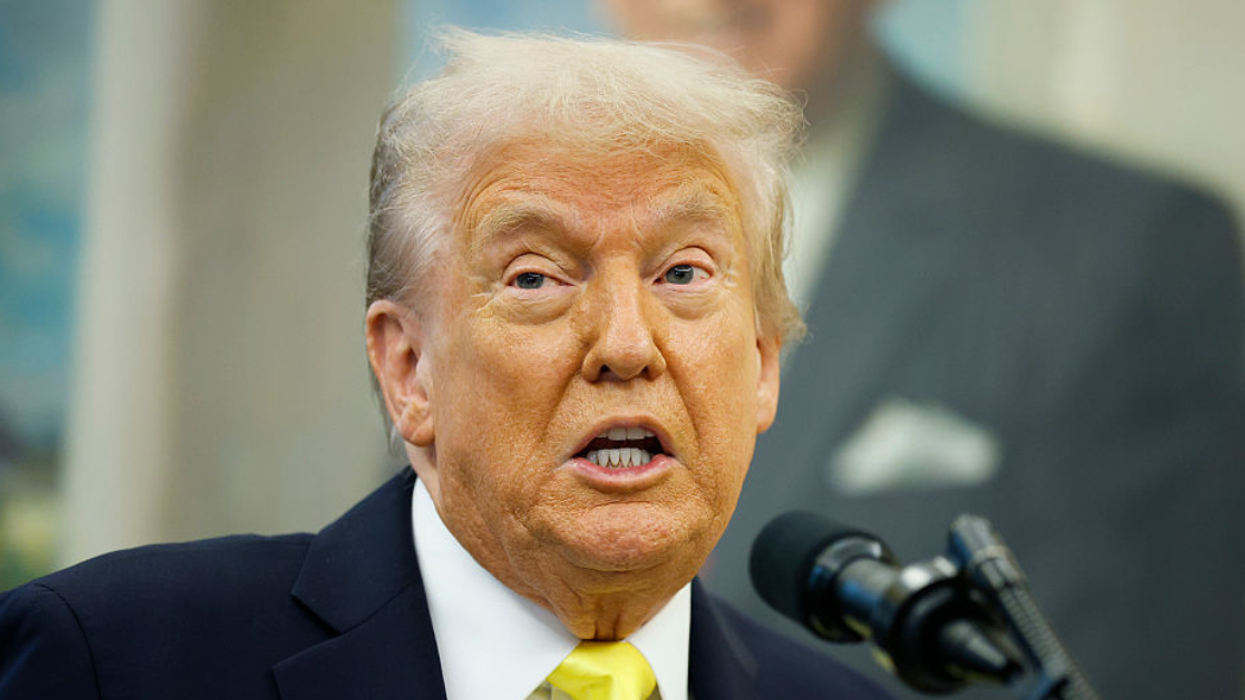
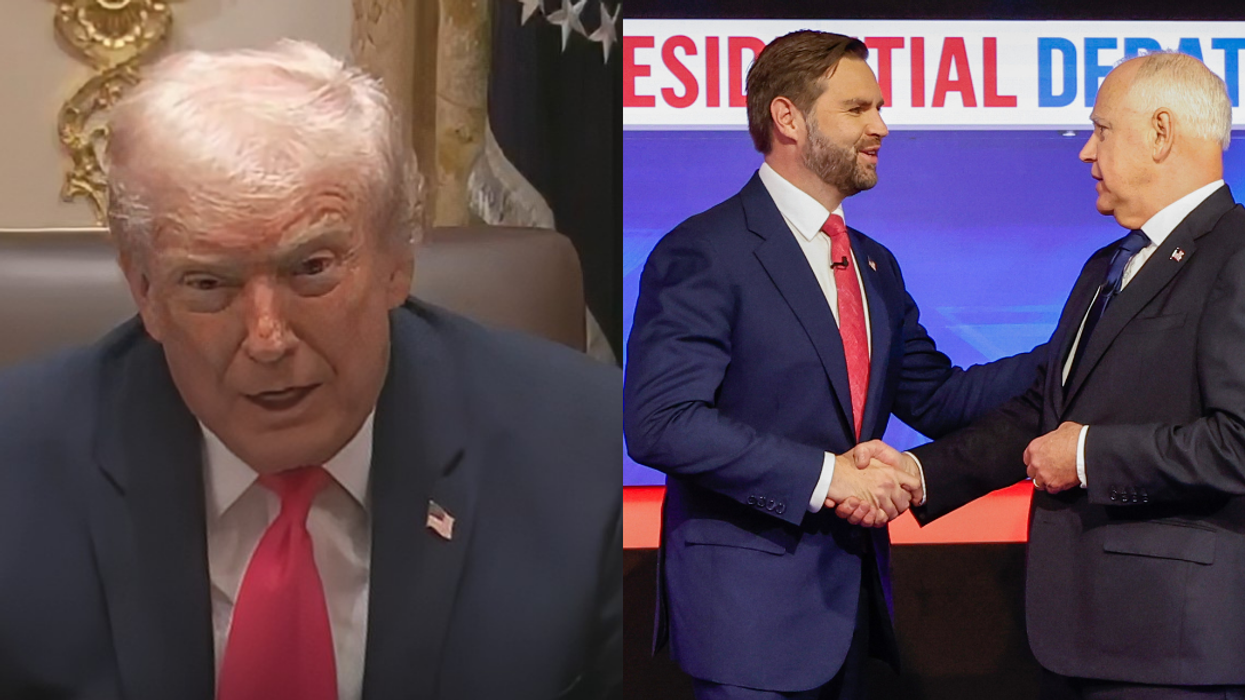
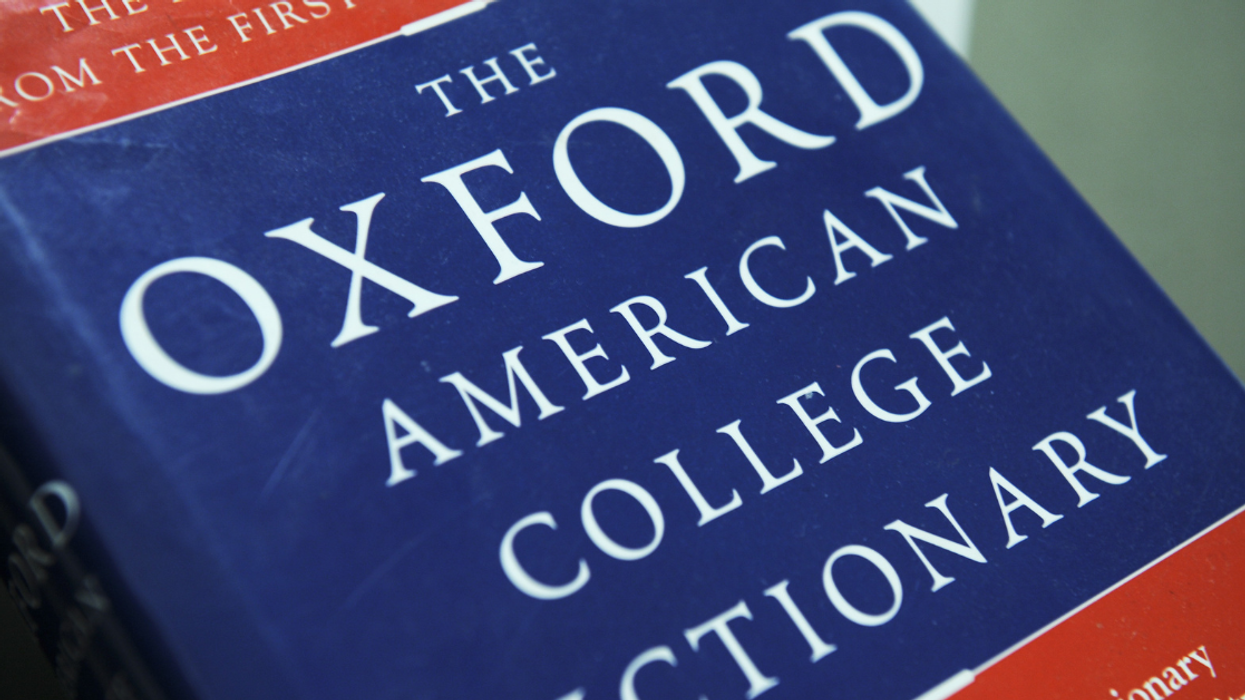
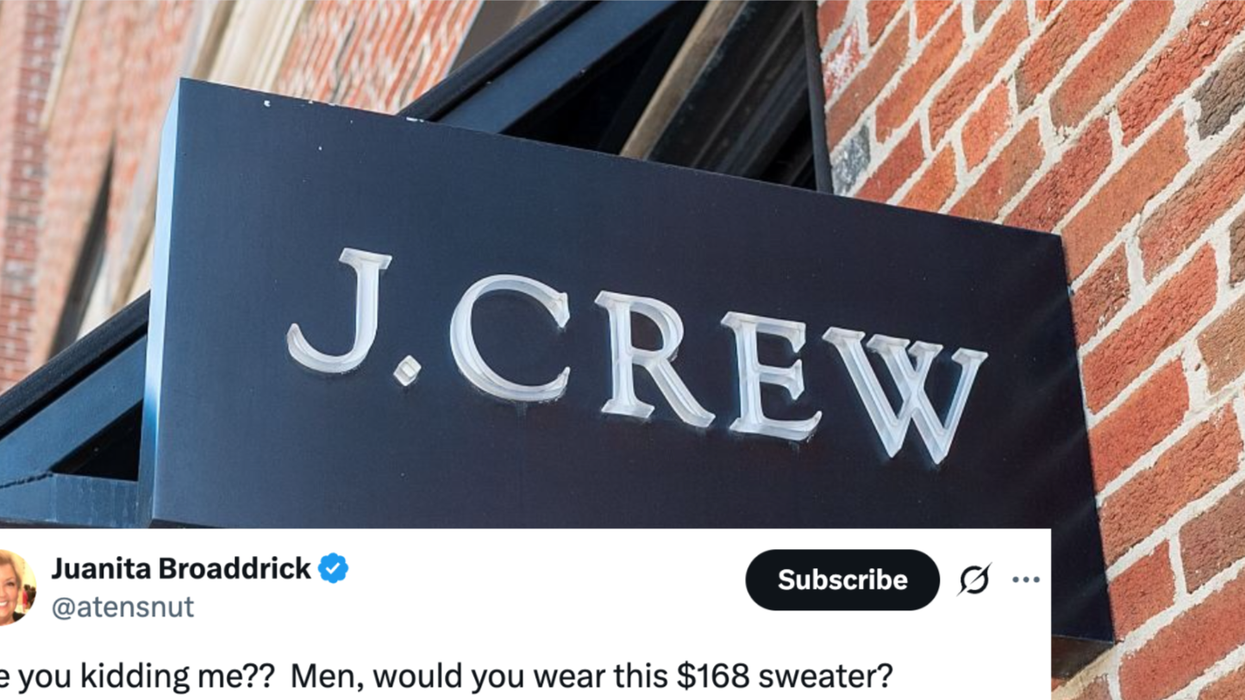
 J. Crew
J. Crew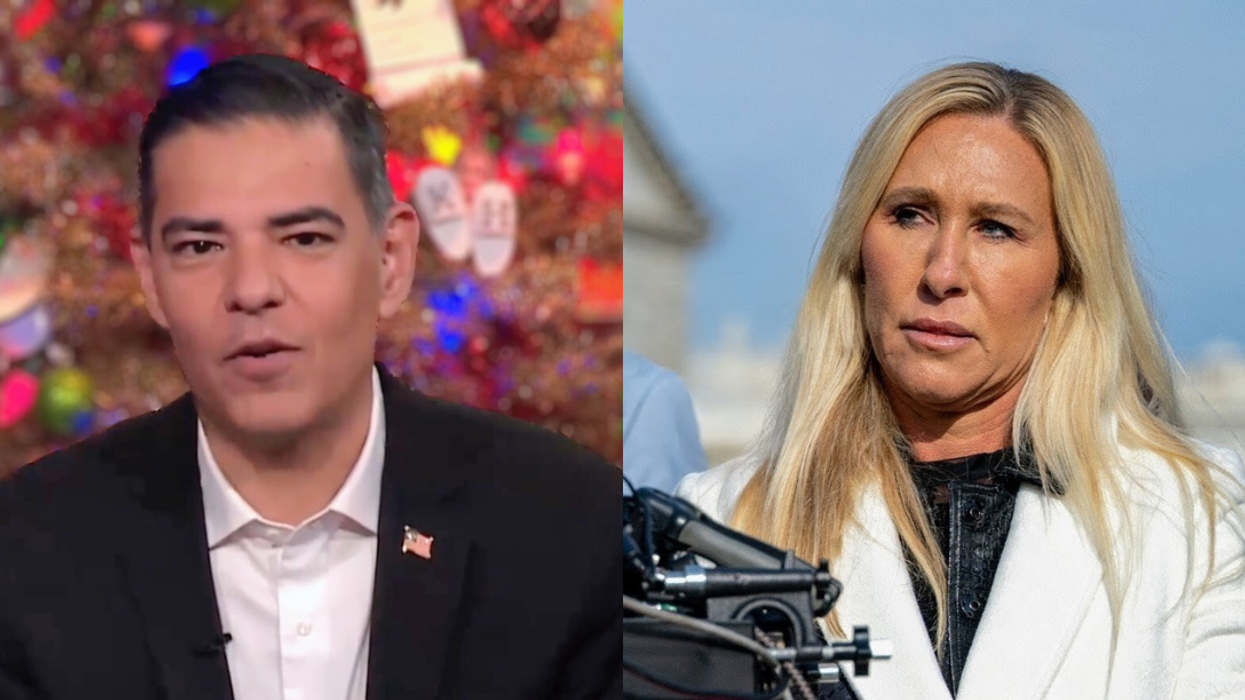
 @bravowwhl/TikTok
@bravowwhl/TikTok @bravowwhl/TikTok
@bravowwhl/TikTok @bravowwhl/TikTok
@bravowwhl/TikTok @bravowwhl/TikTok
@bravowwhl/TikTok @bravowwhl/TikTok
@bravowwhl/TikTok @bravowwhl/TikTok
@bravowwhl/TikTok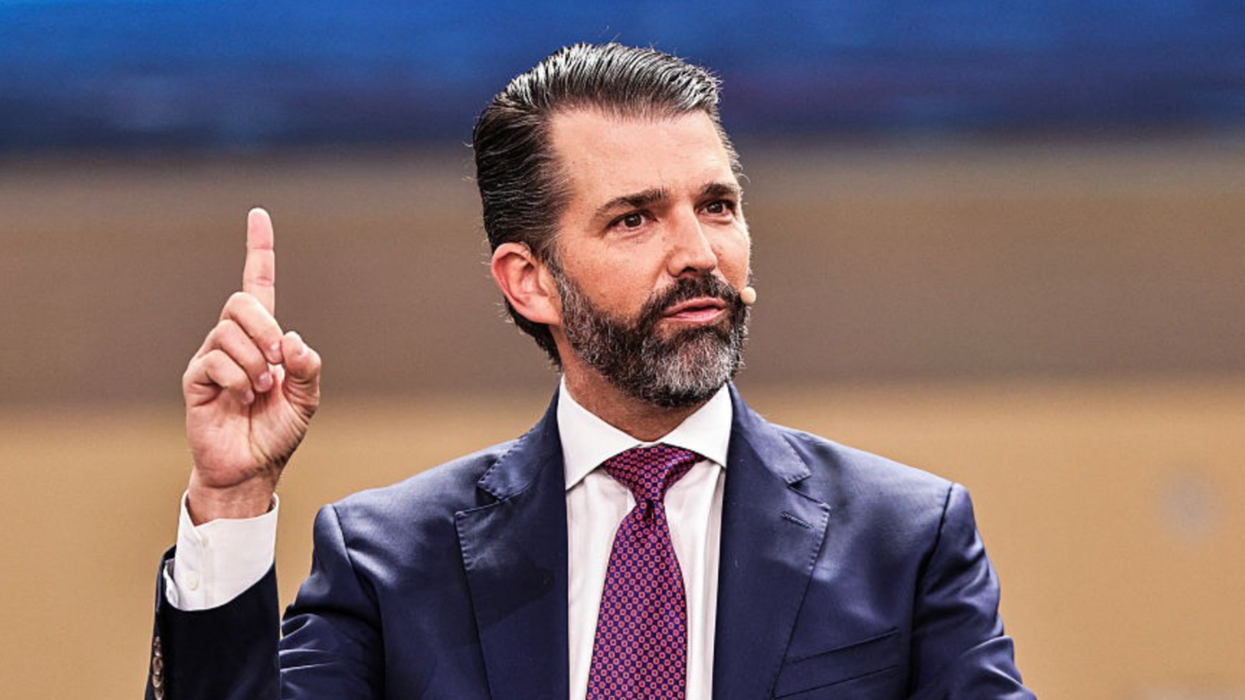

 wildlife mt GIF
wildlife mt GIF 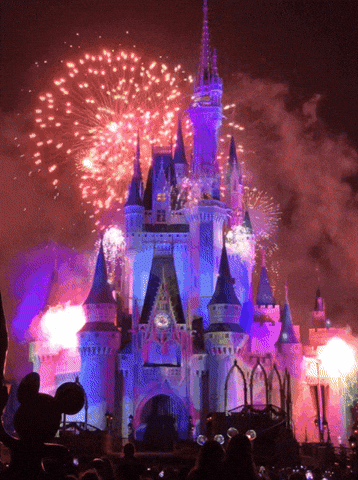 Disney Perfect Loops GIF
Disney Perfect Loops GIF  Tired Music Video GIF by Elvie Shane
Tired Music Video GIF by Elvie Shane  Art Magic GIF by rubedox
Art Magic GIF by rubedox